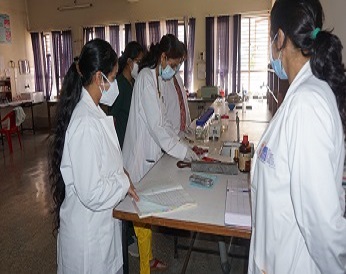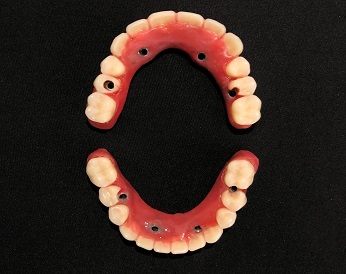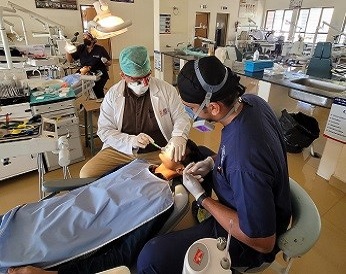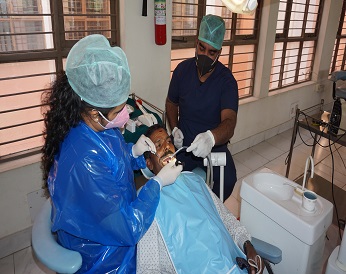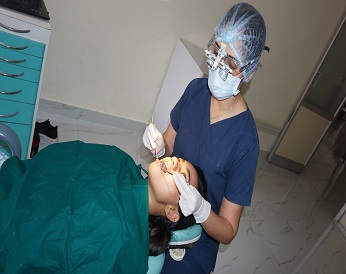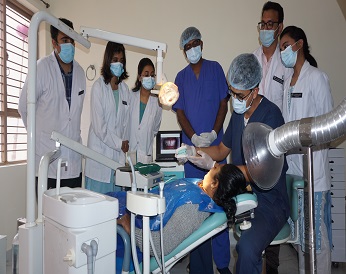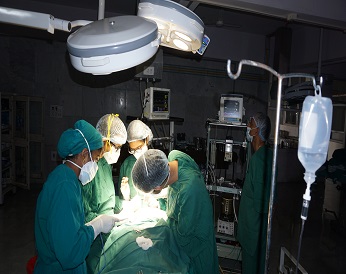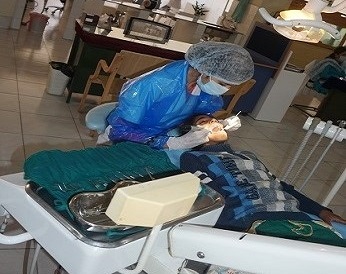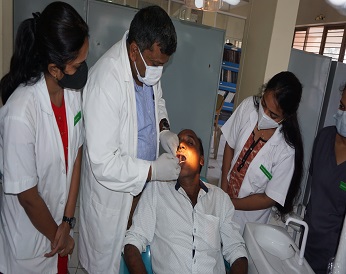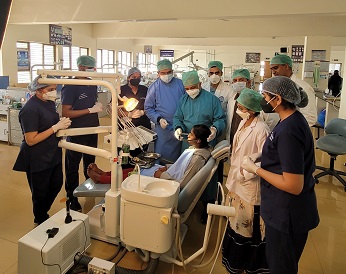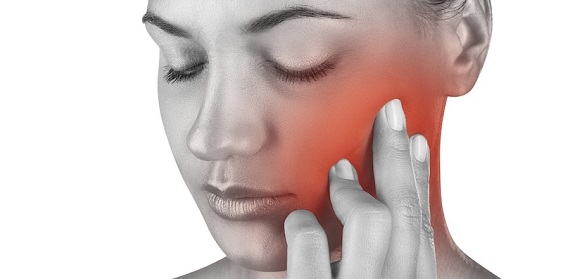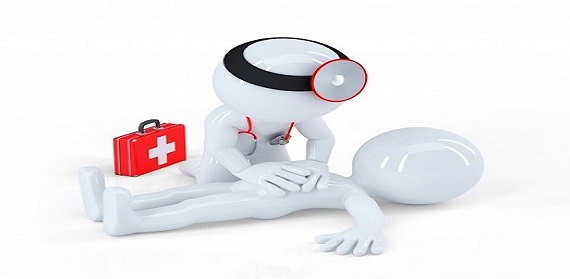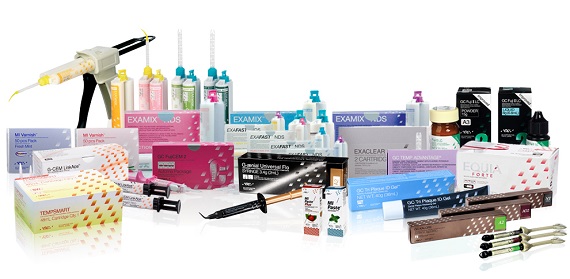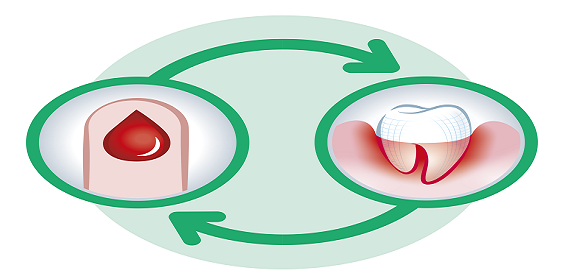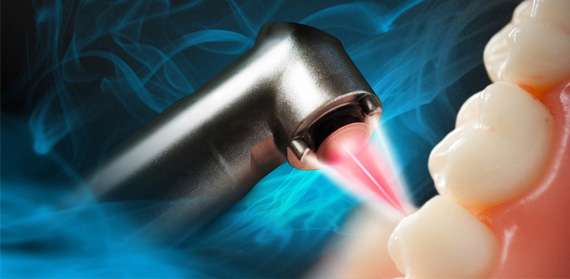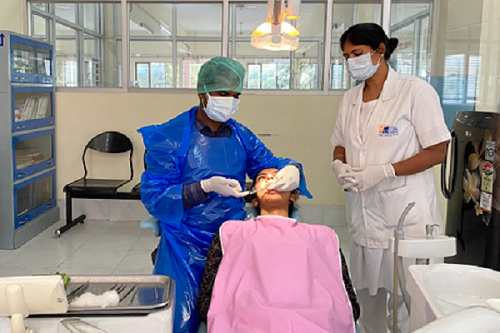Working Hours
| Monday-Friday | 9 AM to 4 PM |
| Saturday | 9 AM to 1 PM |
| Sunday | Closed |
| Emergency | 24 Hours |
Special Cinic
The Special Clinic at JSSDCH aims at providing the best treatment to the patients at an affordable price by our expert team of doctors.
Emergency Service
The Dental Emergency Services at JSSDCH include (Room No 6): Toothache relief, Oral pain relief, Emergency tooth extraction, Restoration of a loose filling or crown (sometimes a temporary solution), Dental infection care, Broken brackets or wires, Wisdom tooth pain management.
- 0821 254 8349
- jssdc@jssuni.edu.in
Welcome
to JSS Dental Hospital
JSS Dental Hospital is one of the largest hospital in the region which made an humble beginning in 1986. There are more than 350 dental chairs to cater to the oral health needs of the patients. It provides state of the art infrastructure. It also has a surgical operation theatre with wards in the same building. Emergency treatment facilities are available round the clock.
Services We Offer
Periodontics
Scaling (Cleaning), Gum surgery, Implants, Treatment of Bad Breath, painful gums, Loose teeth
Pediatric Dentistry
Your child will receive state-of-the-art oral care from our dedicated team of expert doctors.
Cosmetic Dentistry
Cosmetic dentistry is concerned with the appearance of teeth and the enhancement of a person's smile
JSS Smile
JSS SMILE is concerned with the rehabilitation of the infants affected with cleft lip and palate. This nonprofit multidisciplinary outreach program provides community services for the children affected with cleft lip and palate.
Baby Oral Health Promotion Clinic
Baby Oral Health Promotion Clinic is one of the unique extension clinics from the Dept of Pediatric and Preventive Dentistry functioning at Department of Pediatrics, JSS Hospital.
Why Choose Us?
Best Patient Care at a Lower Cost
We provide comprehensive treatment planning and follow strict standards that ensure your treatment will go smoothly and provide the results you desire at a lower cost.
Committed Dental Team
Our Dental Staff are experienced, highly trained, friendly, and intuitive regarding your needs and will make your visits run effectively.
Modern Equipment
We have a high attention to detail when it comes to our work and invested heavily in their instruments and equipment to give patients the best possible care and treatment.
ISO Certification
Our Institution is ISO 21001:2018 Certified
Community Service
The hospital extends its services to inmates of prison and old age homes. Special care is extended to the differently abled children from different centers.
Strict Sterilization Protocol
The hospital follows Strict sterilization protocol with Central Sterile Supply Department (CSSD) to ensure that there is no cross-infection.
State of the Art Lab Facility
The Hospital houses laboratories for fabrication of prosthesis - metal / ceramic.
Digitalized Patient Management System
The College has adopted a customised digital enterprise software to record patient's data for efficient patient management
Patient Testimonials
I am very pleased with the treatment provided to me. Thanks to all who took good care of me.
Very satisfied and happy with the service by staff. Doctors were very good and loving.
Very pleased with the cordial and friendly staff. They made me feel very comfortable throughout the treatment. Overall, I had a Good Experience
Excellent Service Provided. I had come with a tooth pain. Now it is relieved. I thank the doctors who treated me with utmost care.
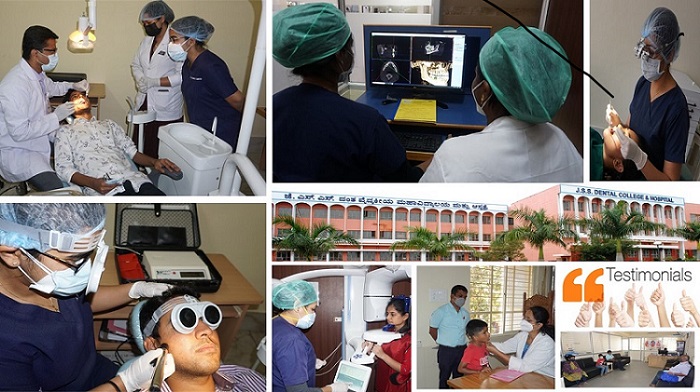
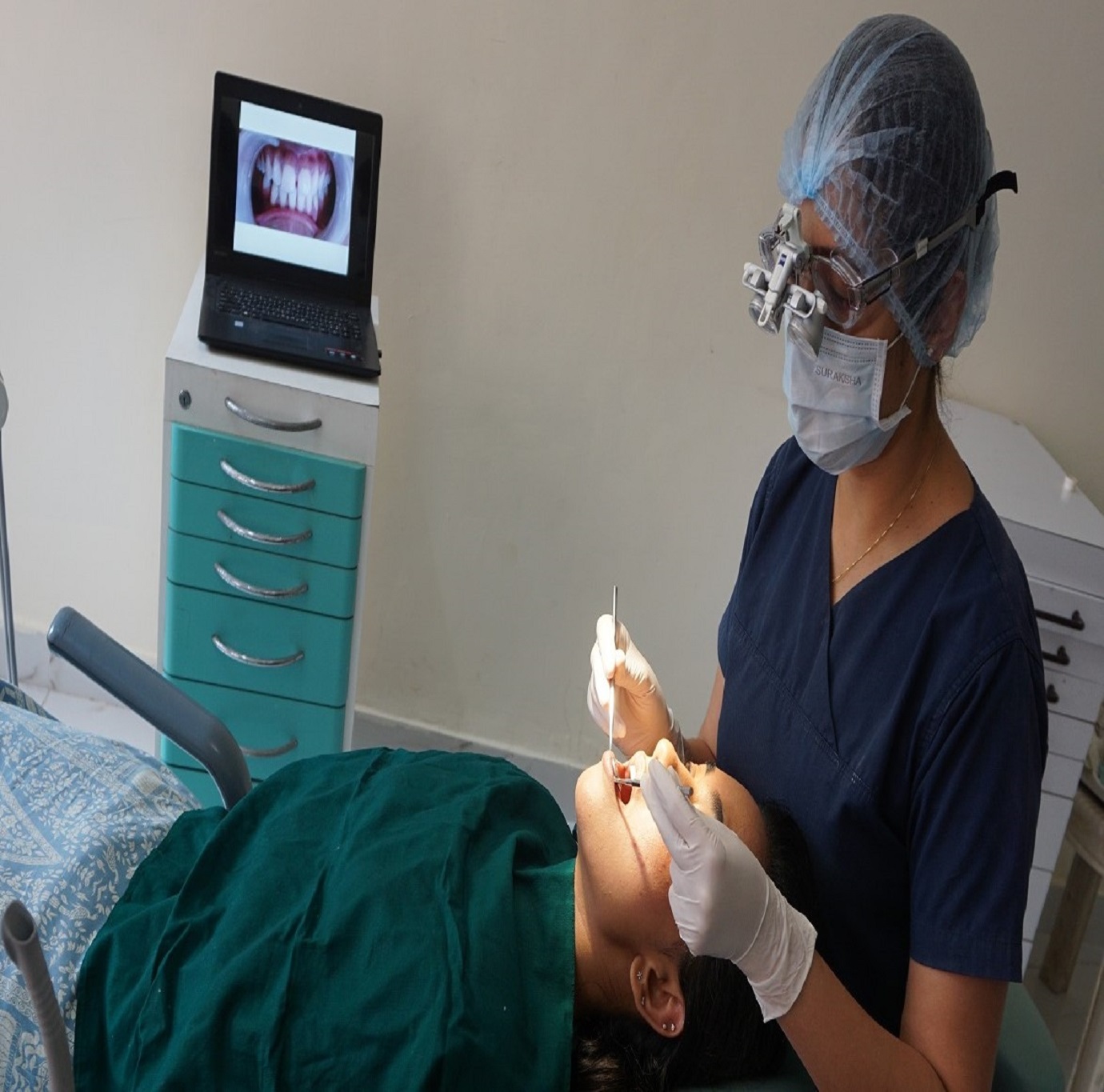
Patient Information
Children, teens, and adults should all see the dentist for a regular checkup at least once every six months. Patients who are at a greater risk for oral cancer or gum disease may be required to see the dentist more than just twice a year.
A cavity is a small hole that forms inside the tooth because of tooth decay. Cavities are formed when plaque buildup on the outside of the tooth combines with sugars and starches in the food you eat. This produces an acid that can eat away the enamel on your tooth. If a cavity is left untreated, it can lead to more serious oral health problems. Cavities can be prevented by remembering to brush your teeth at least two times a day and floss between teeth at least once.
A filling is a synthetic material that your dentist uses to fill a cavity after all of the tooth decay has been removed. Fillings do not generally hurt because your dentist will numb your mouth with an anesthetic. Fillings are made from a variety of different materials, including composites, gold, or ceramic.
Visiting the dentist regularly will not only help keep your teeth and mouth healthy, but will also help keep the rest of your body healthy. Dental care is important because it:
- Helps prevent tooth decay
- Protects against periodontal (gum) disease, which can lead to tooth and bone loss
- Prevents bad breath – brushing, flossing, and seeing the dentist regularly will help reduce the amount of bacteria in your mouth that causes bad breath
- Gives you a more attractive smile and increases your self-confidence
- Helps keep teeth looking bright by preventing them from becoming stained by food, drinks, and tobacco
- Strengthens your teeth so that you can enjoy healthy, beautiful smiles for the rest of your life!
According to the Indian Dental Association, you should brush your teeth at least two times a day. Brushing keeps your teeth, gums, and mouth clean and healthy by removing bacteria-causing plaque. It is also recommended that you use a soft-bristled toothbrush and toothpaste that contains fluoride when you brush your teeth. You should spend at least a minute on the top teeth and a minute on the bottom teeth, and remember to brush your tongue; it will help keep your breath smelling fresh!
Mouthwashes for cavity protection, sensitivity, and fresh breath may help when you use them with regular brushing and flossing -- but not instead of daily cleaning. Some people need twice-daily rinses for gum health or alcohol-free washes for dry mouth.Kids under 6 shouldn't use mouthwash to avoid the chance of them swallowing it.
Also known as periodontal disease, gum disease is mostly caused by plaque and bacteria buildup that is not treated in its early stage. Other causes of periodontal disease include tobacco use, teeth grinding, some medications, and genetics. Gingivitis is the beginning stage of gum disease, and, if detected, is treatable. Gingivitis left untreated may turn into gum disease. Advanced gum disease will lead to tooth and bone loss, and is a permanent condition. Brushing your teeth regularly and visiting the dentist every six months will help prevent gingivitis and more severe cases of periodontal disease.
Yes! In fact, it's even more important that patients receiving orthodontic treatment visit their dentist regularly. With braces, food may be caught in places that your toothbrush can't reach. This causes bacteria to build up and can lead to cavities, gingivitis, and gum disease. Your dentist will work closely with your orthodontist to make sure that your teeth stay clean and healthy while wearing braces.
X-Rays allow the dentists to look for oral health issues that may be difficult to identify with a visual examination alone. The dentist may recommend a full-set of X-rays to establish a baseline for your oral health, identify potential problems such as cavities, tooth decay, and impacted teeth, or prepare for a larger dental treatment. Today, the American Dental Association (ADA) recommends that patients receive dental X-rays at 6 to 18 month intervals, depending on their risk level for decay.
Flossing is essential to your smile’s health. Regular use of dental floss is important for plaque removal, maintaining healthy gums, and preventing periodontal disease. By removing food particles and bacteria that build up between teeth, flossing helps keep your smile healthy and beautiful for life.
Tooth sensitivity is a common problem that affects at least 40 million adults in the United States. To prevent tooth sensitivity, brush your teeth twice a day with a soft-bristled toothbrush and nonabrasive toothpaste. Using a fluoridated mouthwash, flossing daily, and avoiding highly acidic foods may also help in minimizing sensitivity. If you are currently bothered by sensitive teeth, visit your dentist. He or she can identify the cause of your tooth pain and recommend specific treatments to provide relief.
Fluoride is a mineral that is naturally present in many foods and water. Fluoride plays an important role in fighting tooth decay by making teeth more resistant to acid-producing bacteria. Over time, plaque and bacteria can contribute to the erosion of teeth enamel. By drinking fluoridated tap water, using toothpaste with fluoride, or rinsing with fluoridated mouthwash, you can protect your teeth against cavities.
Gums bleed when they are irritated and inflamed which is not considered normal. This is due to plaque (a soft film of bacteria) being left on the teeth which causes inflammation called gingivitis and if not addressed can develop into gum disease. Over time, if not cleaned off through daily brushing and interdental cleaning, the plaque can turn into a hard deposit called tartar or calculus which will require professional scaling by your dentist or hygienist to remove it.
Dental amalgam is made from a combination of metals that include mercury, silver, tin, and copper. Sometimes described as "silver-colored” fillings, dental amalgam has been used by dentists for more than 100 years because it lasts a long time and is less expensive than other cavity-filling materials such as tooth-colored composites or gold fillings.
A common misconception is that dental restorations last forever but unfortunately this is rarely true. With time dental restorations may break down or become loose, allowing decay to enter the area around the restoration and become problematic. Maintain great oral hygiene and visit your dentist regularly to keep those restorations in great condition for as long as possible.
The fastest and most effective way to whiten teeth is typically an in-office professional whitening procedure. The best results are always going to be a result of a professional treatment, but your dentist can help you determine which treatment is right for you.
Teeth grinding is also called bruxism. The solution for teeth grinding is to get a professionally made night guard that you wear when you are sleeping to prevent your teeth from scraping against each other.
Centers of Activities - Gallery
